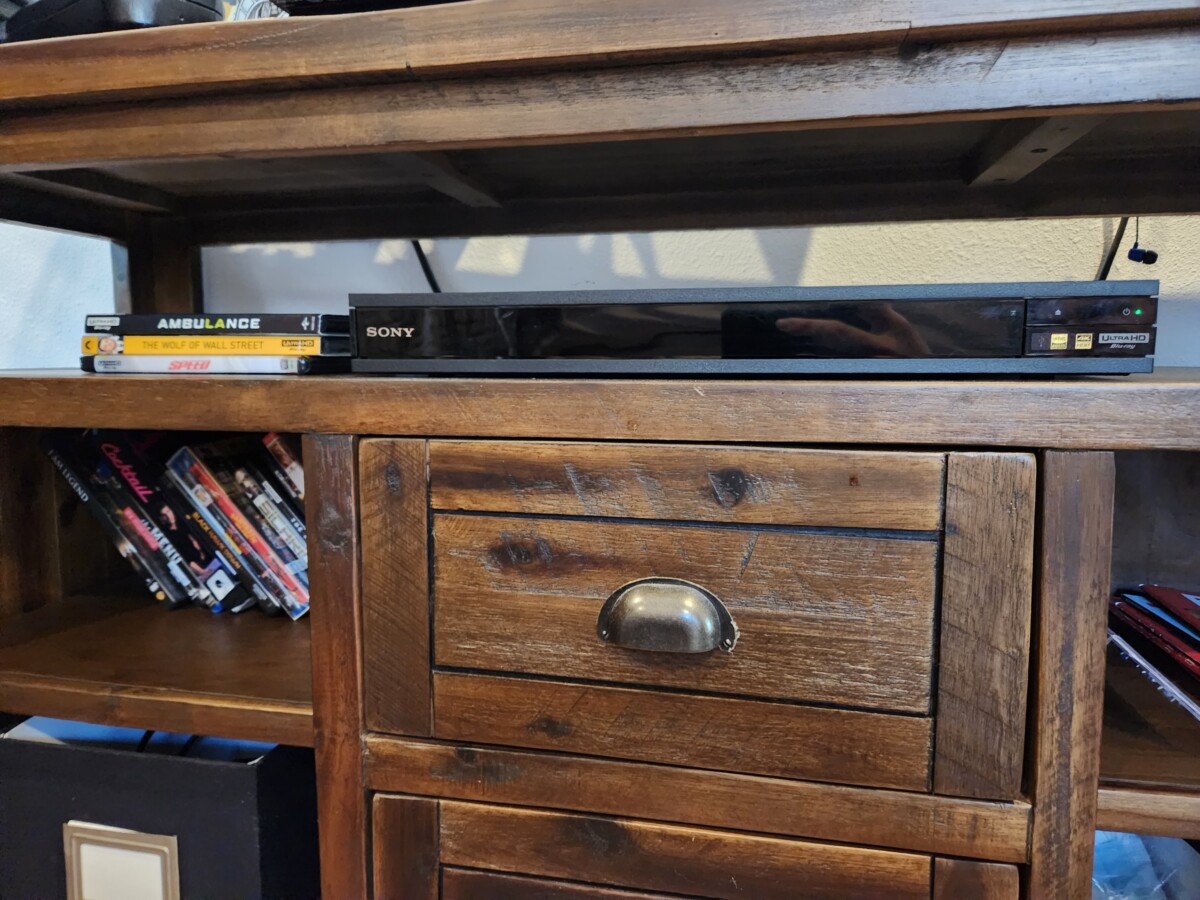As an Amazon Associate I earn from qualifying purchases
Blu-ray is synonymous with high quality and users expect to experience this when they buy the product.
However, if you do not have the proper hardware to go along with Blu Ray then you are not experiencing it to its full potential.
A big perk of Blu-Ray is the quality of the image, but does buying a player automatically improve picture quality?
Buying a Blu-Ray Player is only half the battle, you need to properly match your Player with the capabilities of your TV for the most optimal picture quality.
For example, if you buy a 4k player does that mean the picture quality will increase if you have a 1080p HD TV? No, it won’t.
In that case, you should just stick with a regular Blu-ray player.
In this blog post, I will further explain how important the TV + Blu-Ray Player combination is as well as my own experience and disappointment with upscaling technology.
I will also briefly discuss if the type of Blu-Ray Player you buy affects sound quality.
The Blu Ray Player you buy is at the mercy of your TV
You can have an incredible 4K Blu-Ray Player with all the latest HDR technology like Dolby Vision but if you don’t have a TV that can decode this information and play it then it’s quite useless.
The TV you have is a much more important factor than the Blu-Ray Player you own, although when you have both that is a major plus.
Do not buy a Blu-Ray Player thinking it will enhance the picture quality on your TV, it won’t. I’ll discuss this in more depth in the next section.
The upscaling myth
There is a lot of discussion about how 4k technology (or 1080p, whatever really) can upscale the media you are watching but in my experience this results in no meaningful difference.
I’ve covered this topic when it comes to DVD and Streaming.
In both instances, you can have a lower-quality image upscaled to the TV’s highest-quality image format but the results do not amount to anything.
You cannot tell a difference and the reason this happens is because all the upscale does is add pixels to the image, it’s not enhancing the resolution or crispness or adding detail to what you are seeing on screen.
I’ve briefly discussed this exact process in regards to studios upscaling 2k images to 4k with their Blu-ray releases.
It often results in a very mediocre viewing experience. You can also read additional articles I’ve discussed below on the subject.
Both briefly go into why HDR and added detail cannot be upscaled from an inferior format.
additional articles: HDR is more important than adding pixels, resolution is the icing on the cake.
My personal experience
I own a Sony a80j OLED (affiliate link) and a UBP-X800m2 and the picture quality is phenomenal.
However, if I were to swap out the 4k player with a standard Blu-ray player I’d get nowhere near the performance due to the severe limitations of upscaling.
As mentioned before you need both the proper TV and player. I’ve personally seen DVDs attempt to upscale to 1080p and it’s just a big letdown.
How about sound quality?
Unfortunately sound quality is the exact same process.
If your TV cannot decode high fidelity formats that the Blu Ray Player is sending it (Dolby Atmos, DTS:X) then it will revert to playing an audio format that it can.
It is a shame because premium audio formats are a must for home theater enthusiasts.
The sound quality that Blu-Ray can produce is why so many people are drawn to it.
So make sure you have the proper TV so you can experience this! I personally recommend going all in on 4k.


